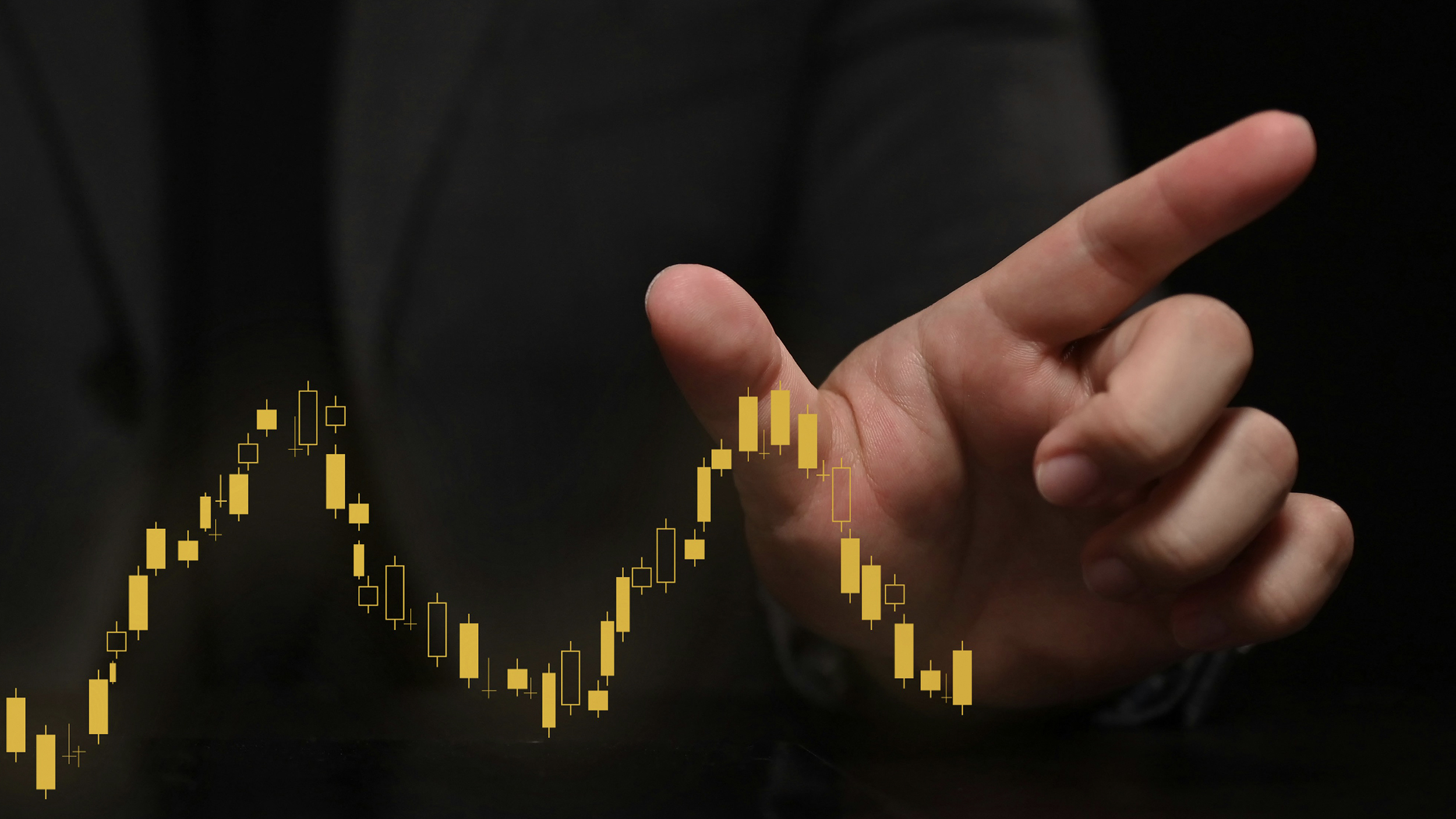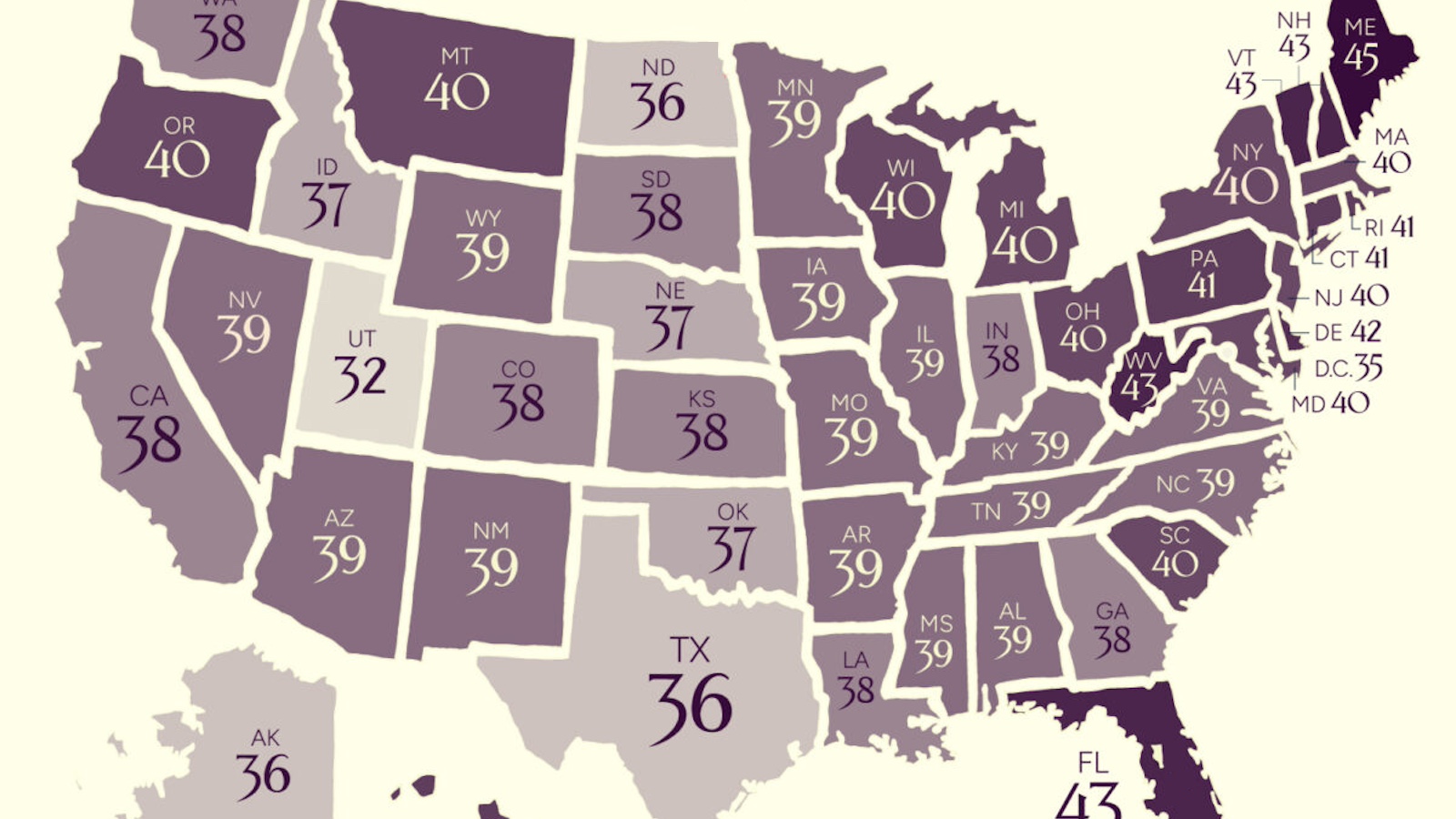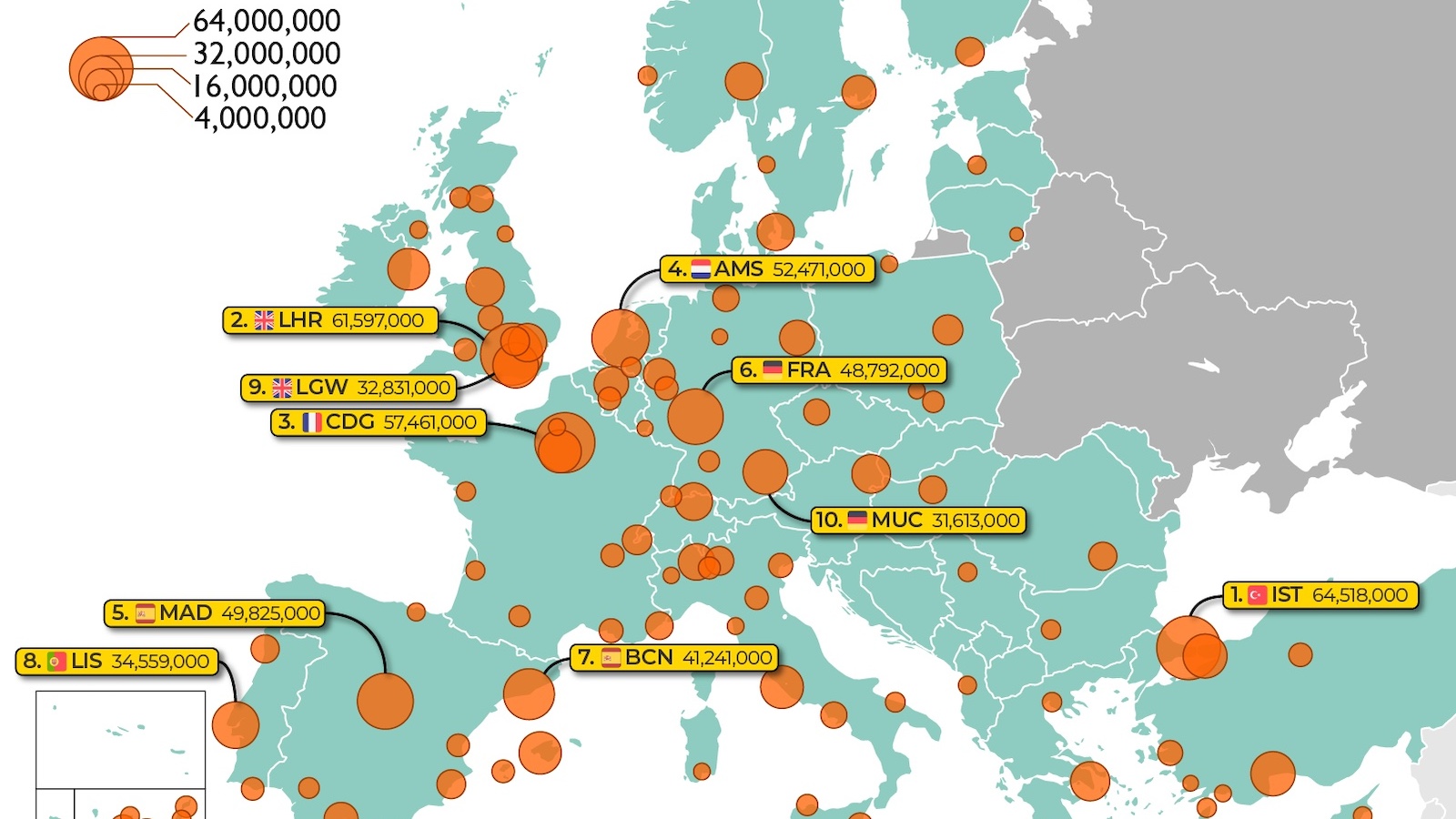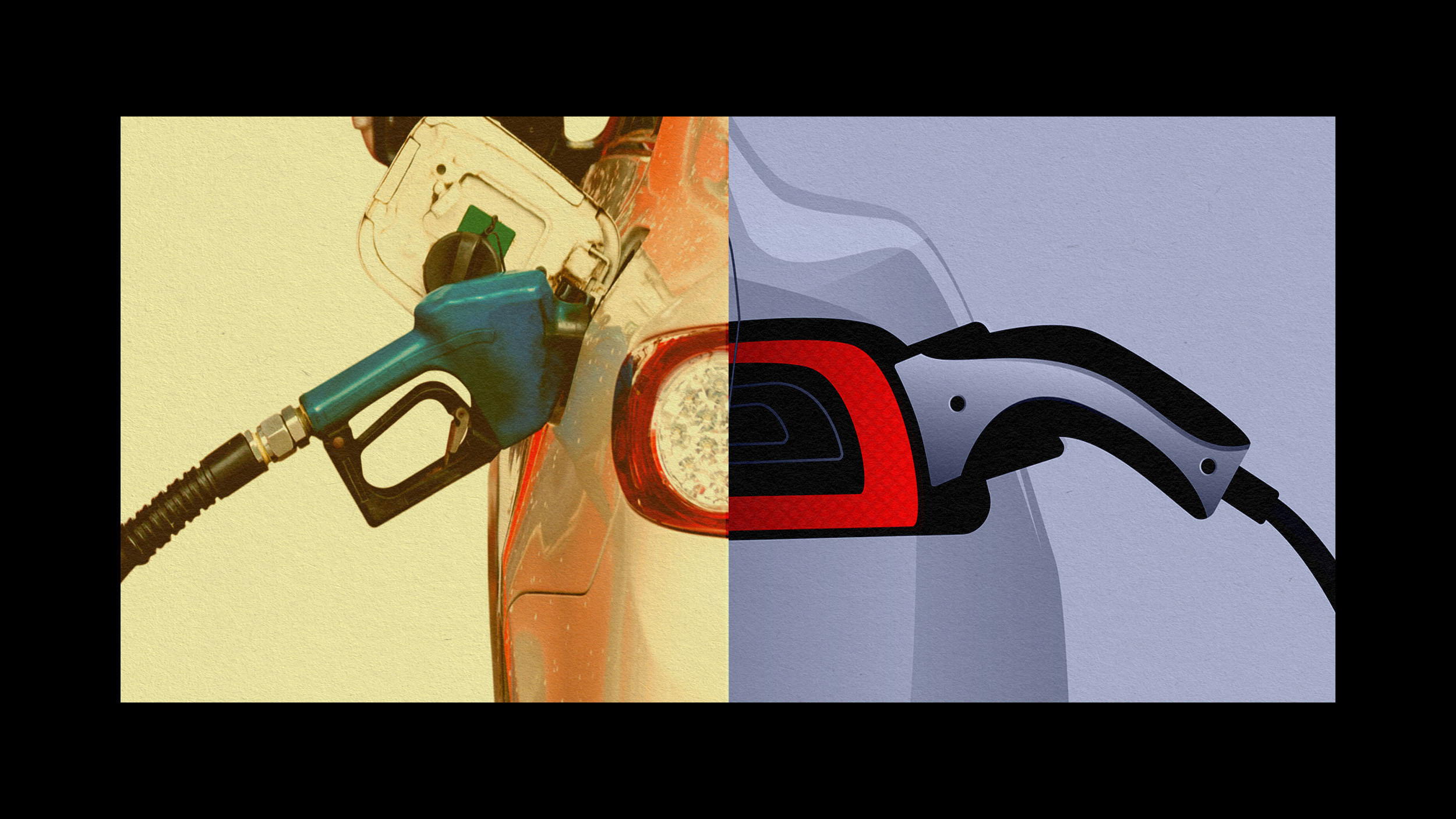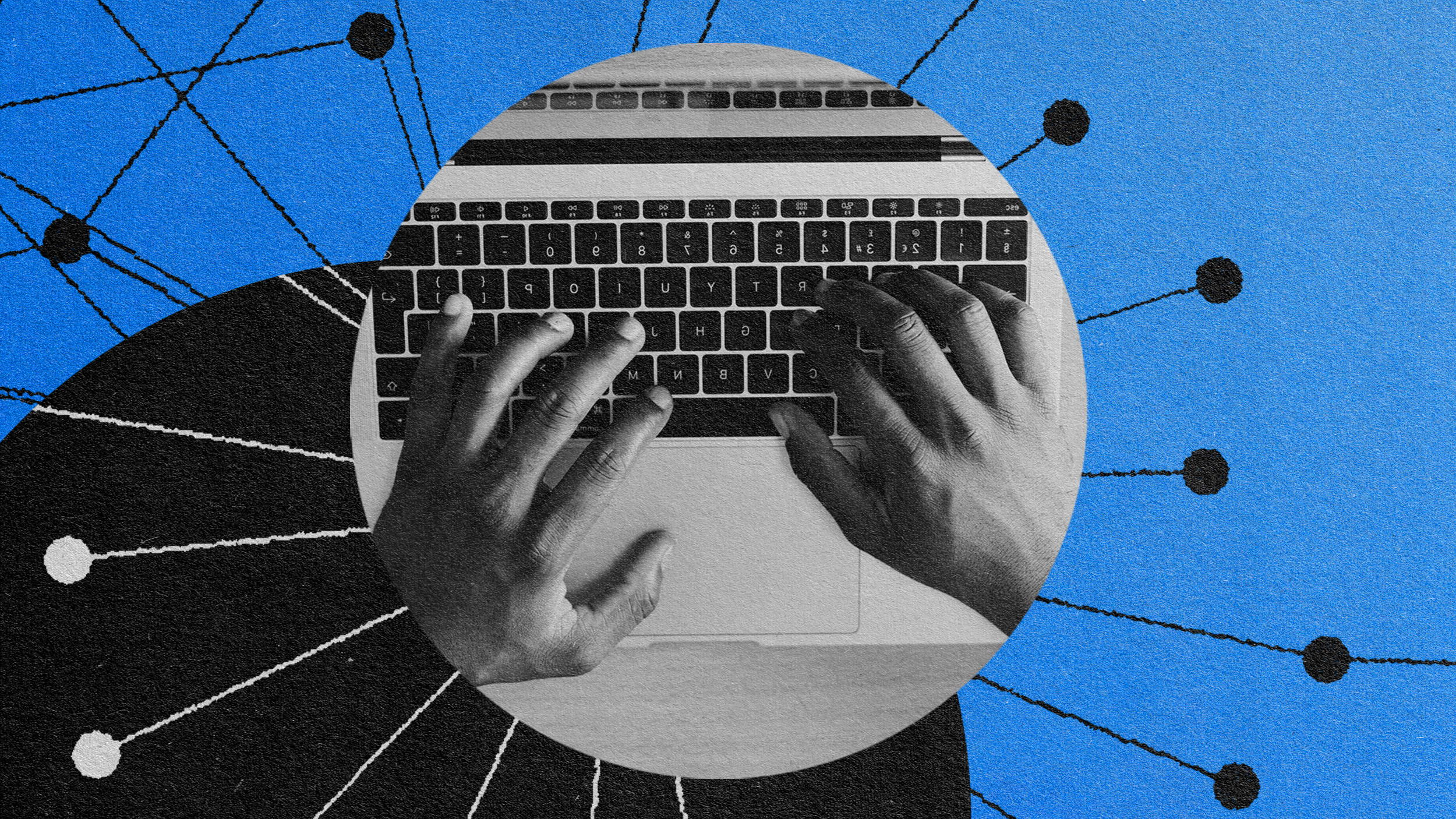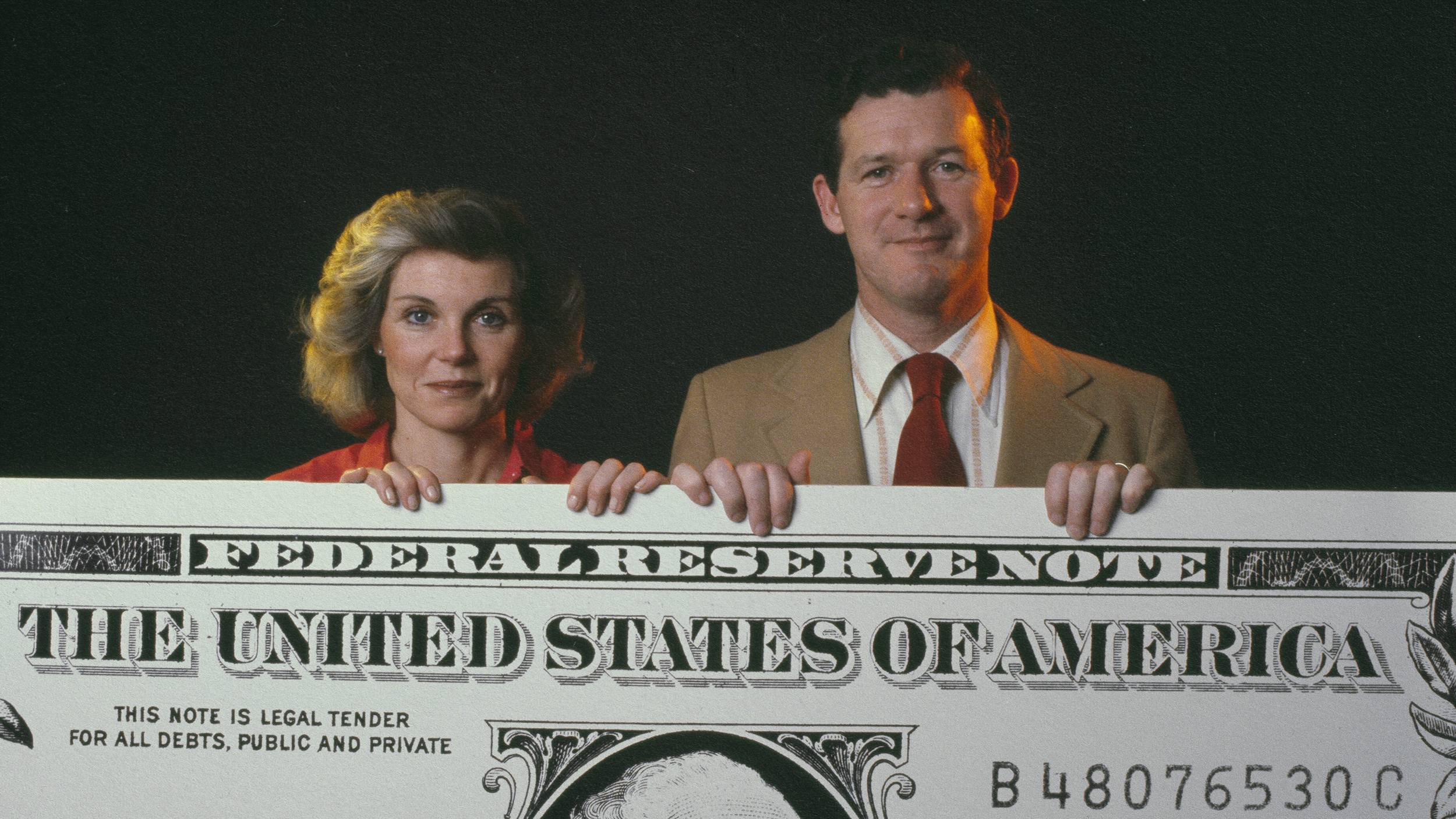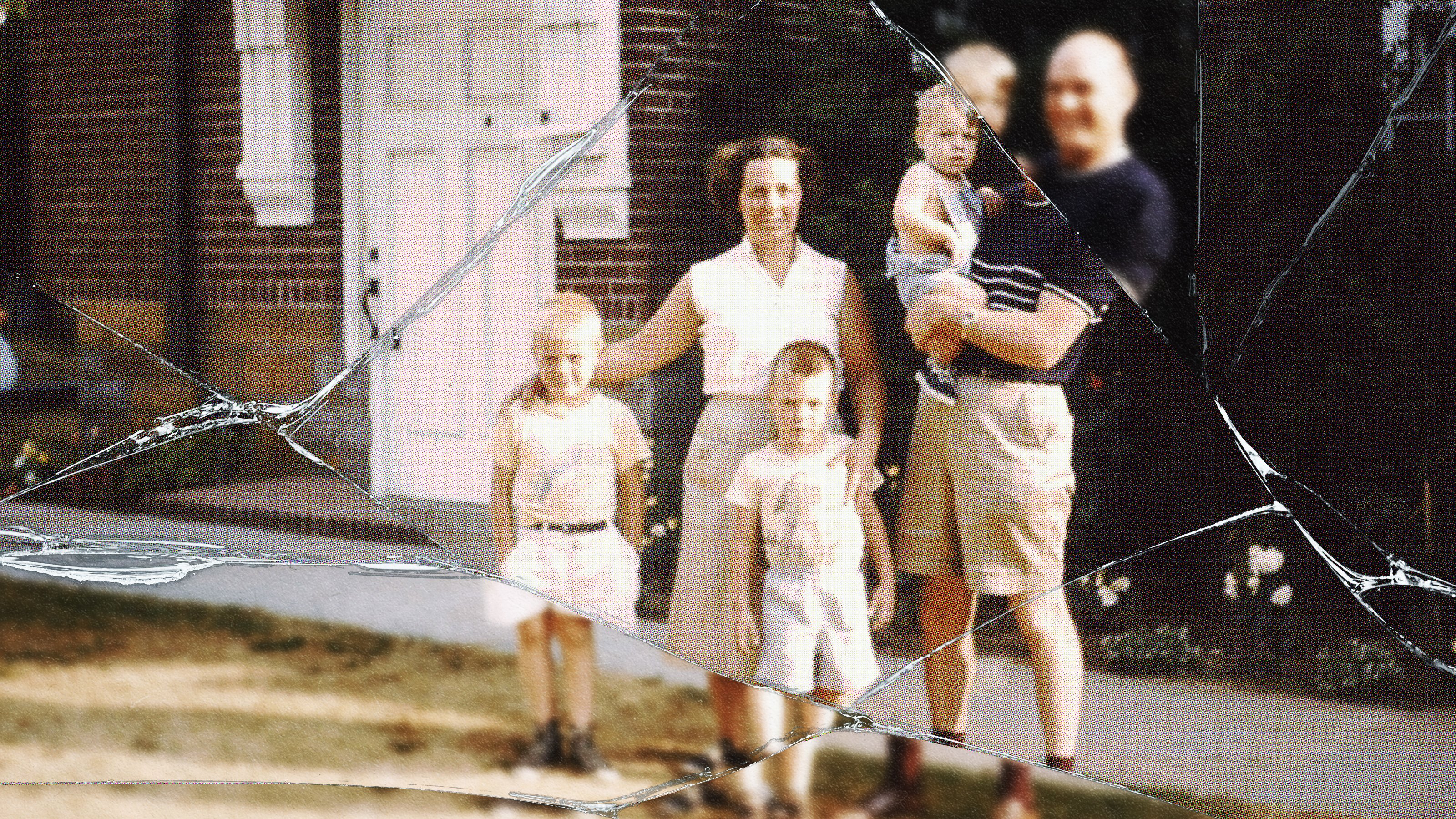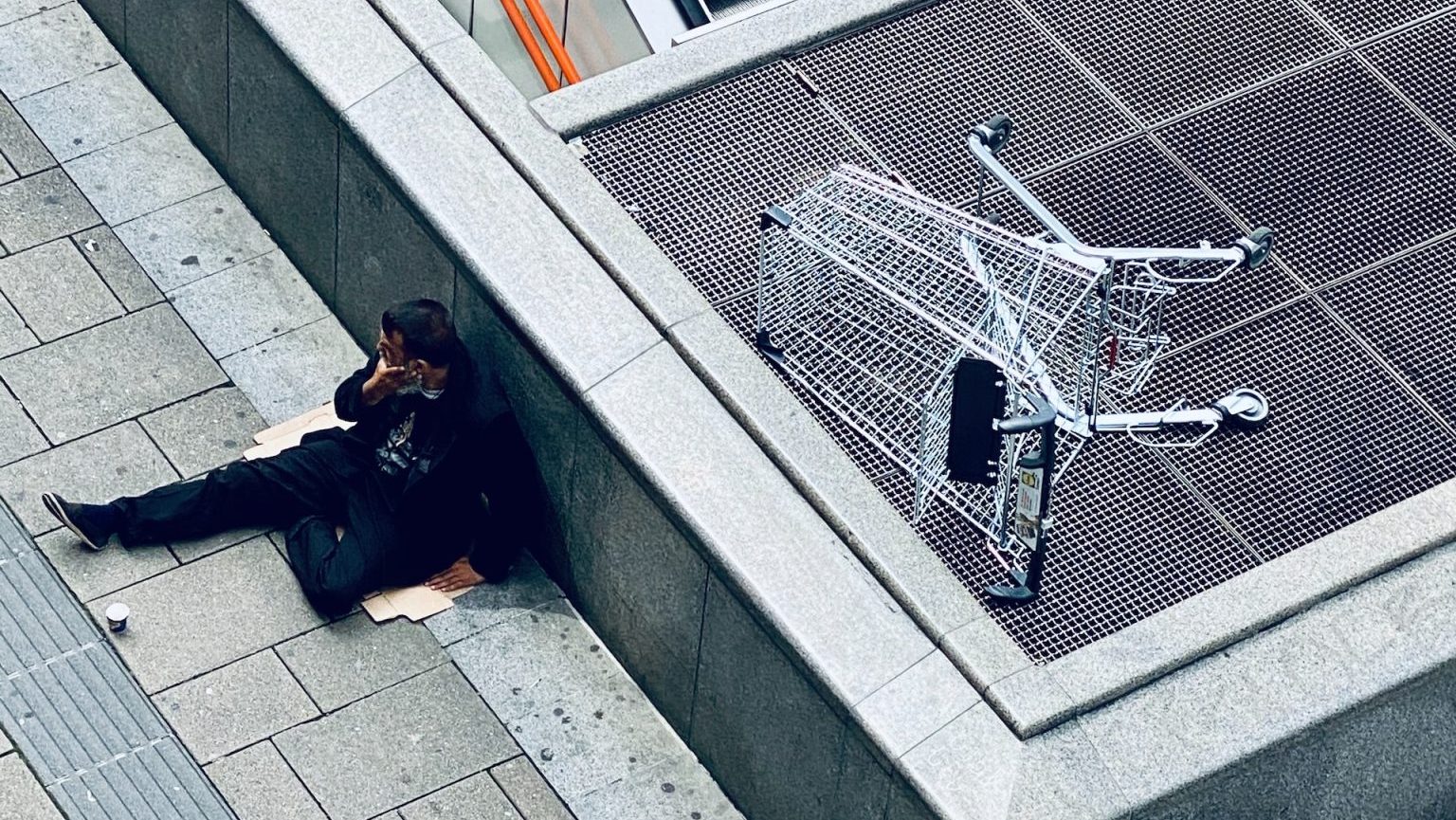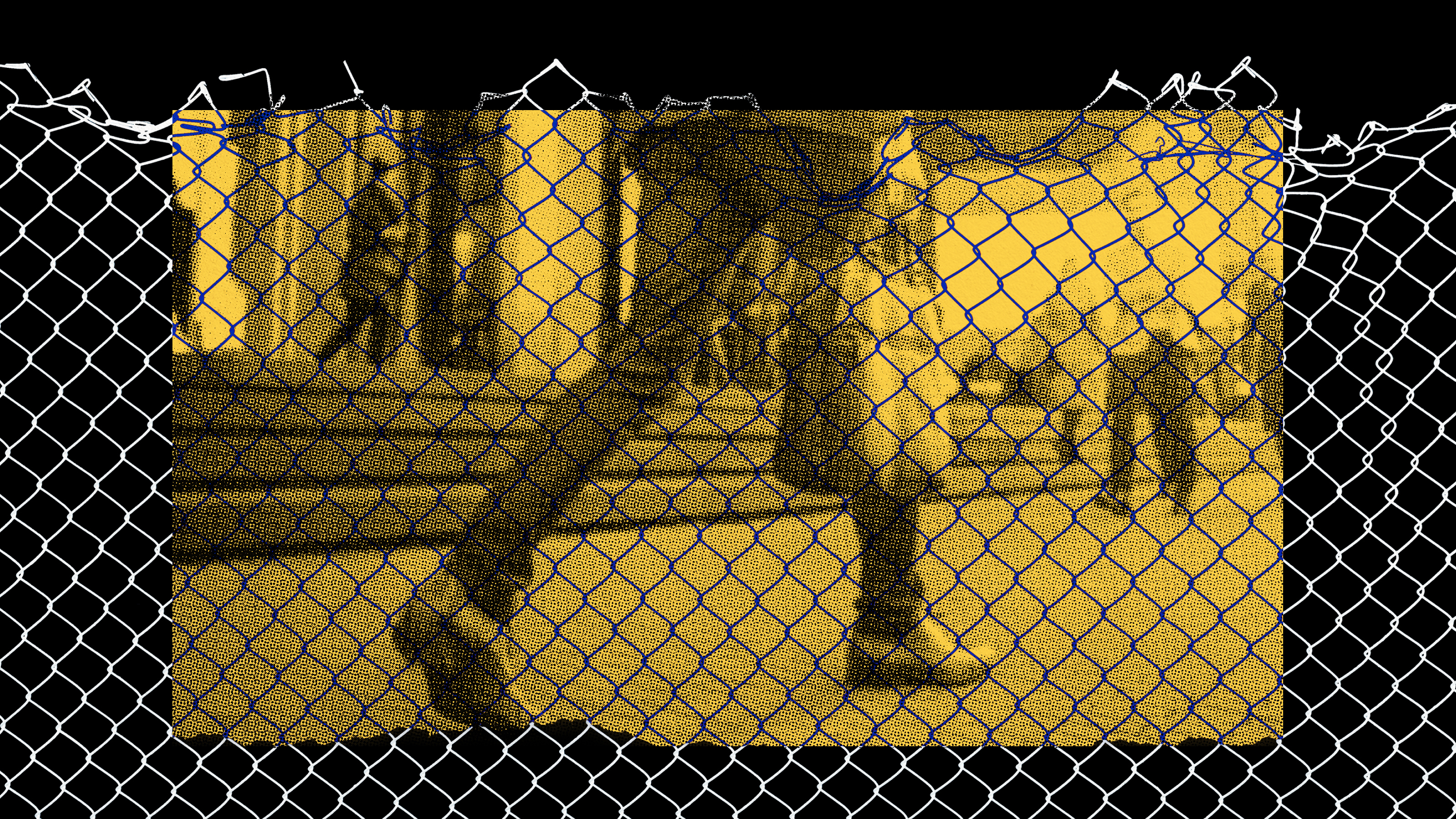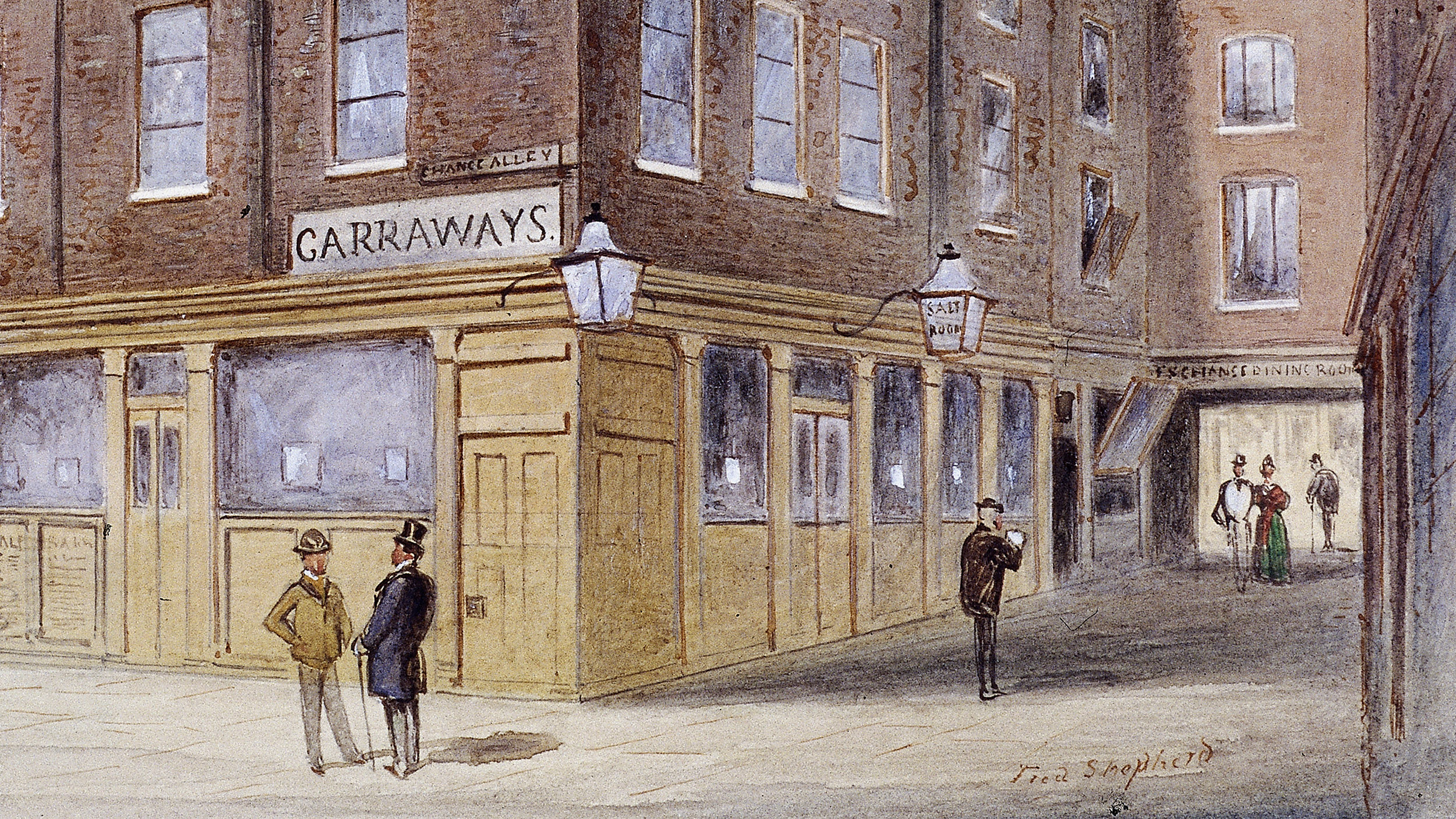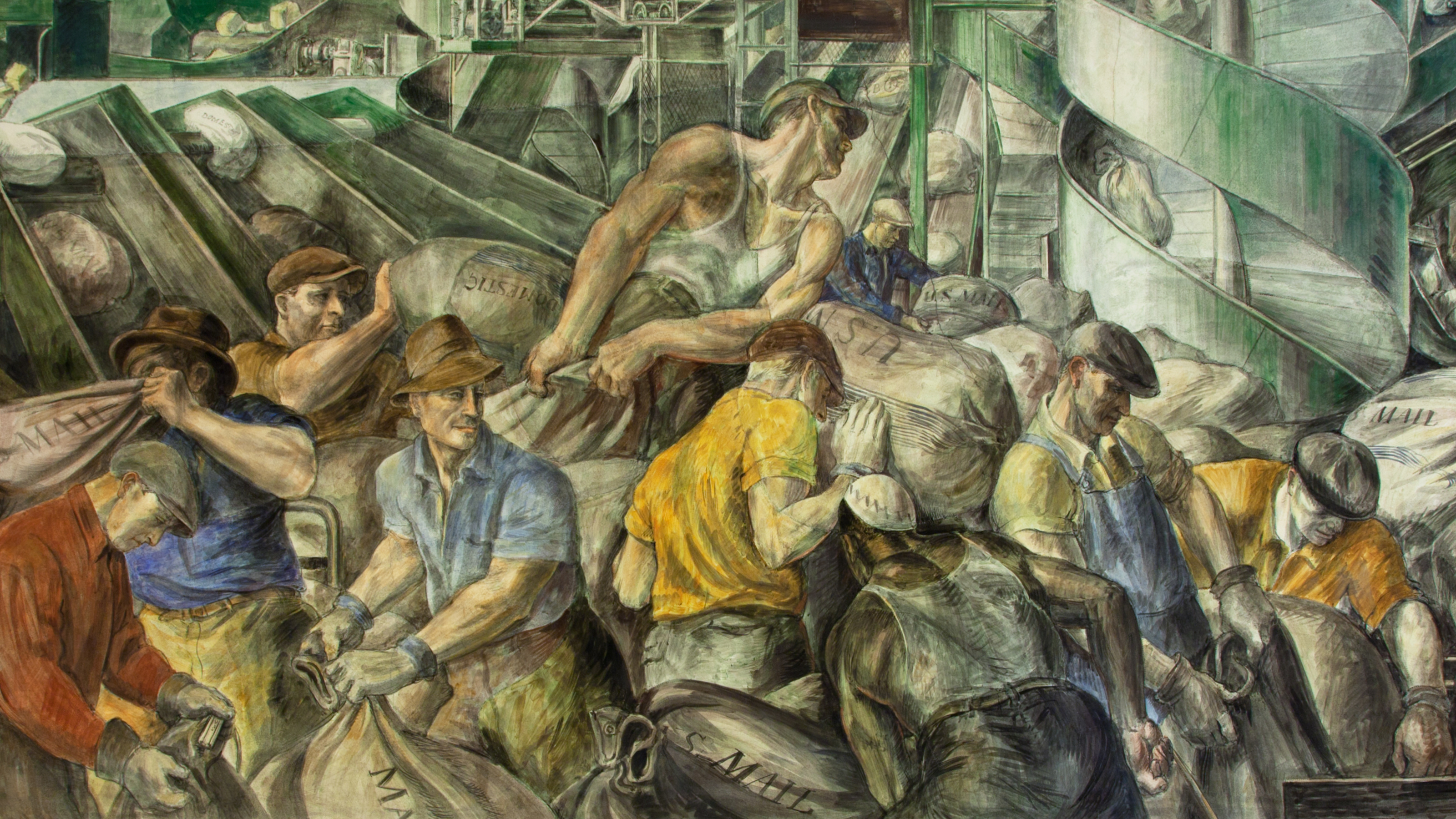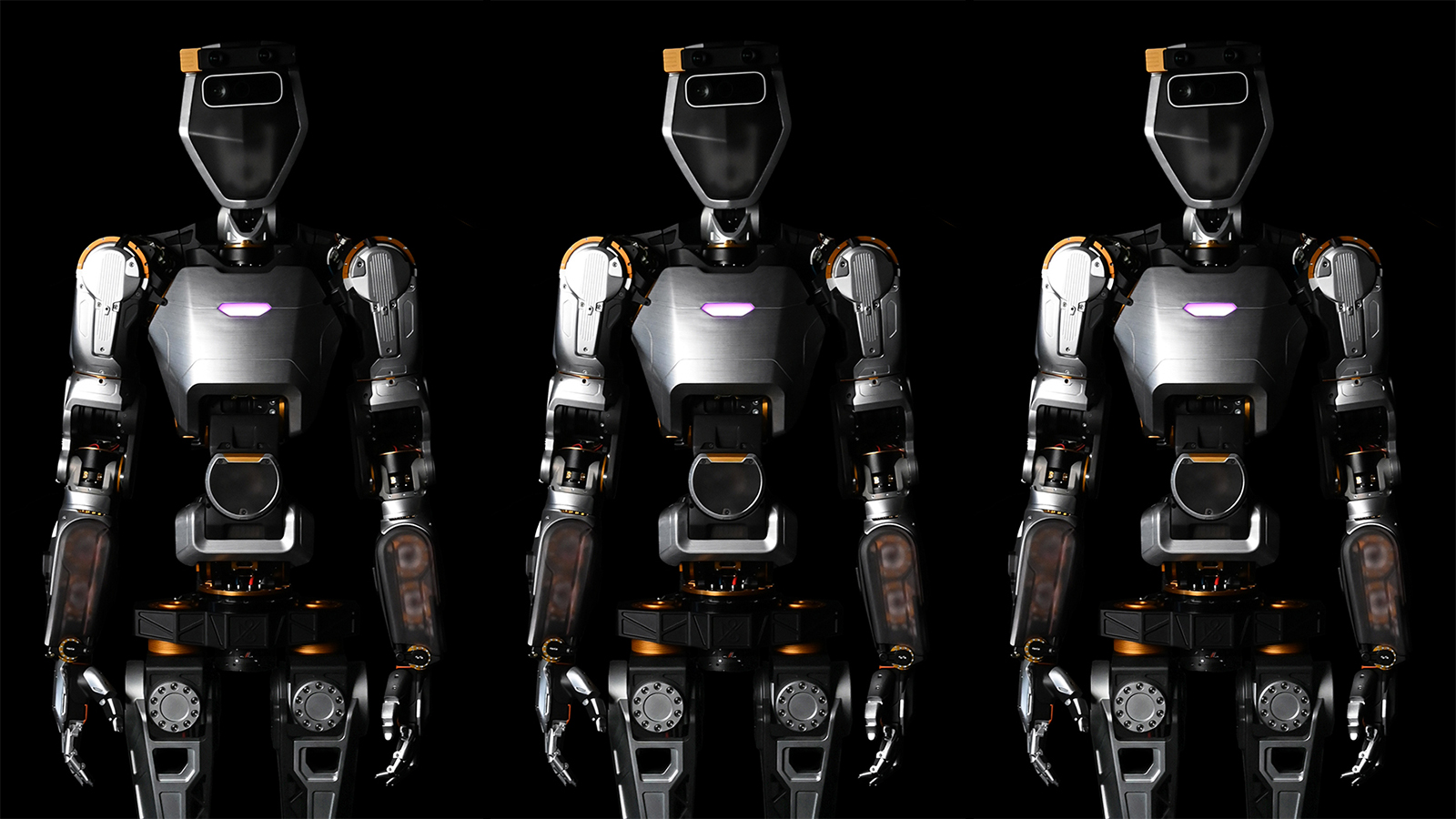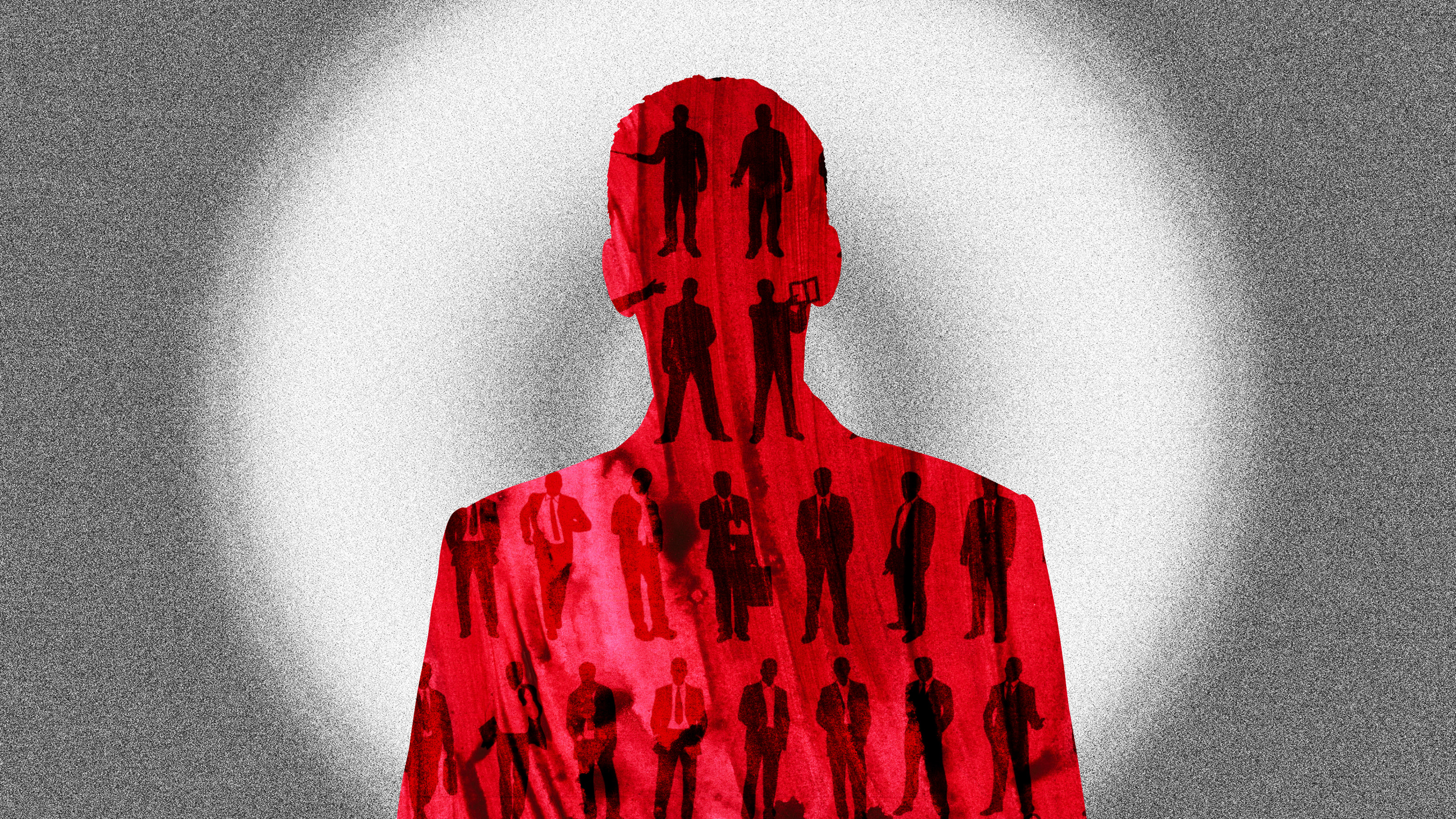Economics & Work
In 1924, sociologist and social reformer Caroline Bartlett Crane designed an award-winning tiny home in Kalamazoo, Michigan.
An MIT study finds the brains of children who grow up in less affluent households are less responsive to rewarding experiences.
Defy conventional startup wisdom by charting a steady and impactful path to success.
Economics and religion help to explain the gap.
London’s busiest airport seems to be rebounding well from the pandemic — but Istanbul has better prospects in the long run.
A new analysis suggests previous “total cost of ownership” studies overlooked key factors.
To see a true cross-section of American society, head to Applebee’s, Buffalo Wild Wings, IHOP, Chili’s, and Olive Garden.
The reported supremacy of generative AI over human brain-power in business ideation depends on how you define “better.”
China has always been one of the world’s wealthiest nations, but Chinese wealth looks different across the country’s eventful history.
In work and life, the rules of success are being redefined.
We used to think, “That email isn’t going to write itself.” But now it can, thanks to AI. And there’s so much more, from coding to marketing.
A “stakehodler” has both a voice and a vote, an economic interest in how each network stewards important global resources.
Huge shifts in the workforce demand real-world changes in management practices; “command-and-control” no longer cuts it.
Did they spend the money on themselves or others?
Ideal models of family life have been broken by societal, technological, and cultural shifts — and we need to rethink our options.
It will be immensely difficult for the Bitcoin and Ethereum blockchains to protect their competitive edge if they do not pursue a radical change.
While the steep rise of inequality in the United States is well-known, long-run data on the incomes of the richest shows countries have followed a variety of trajectories.
Forensic accountant Kelly Richmond Pope explains how fraud runs rampant — even when businesses don’t intend it.
▸
8 min
—
with
Our state of extreme social interconnectedness has rapidly accelerated the rollercoaster pace at which societal confidence may collapse.
Crypto is a lot of things, but it isn’t a currency. “Shark Tank” investor Kevin O’Leary, a.k.a. “Mr. Wonderful,” breaks down what it would take to get there.
▸
7 min
—
with
With U.S. infrastructure crumbling, an honor oath and iron ring remind engineers of their profession’s ethical weight.
Research suggests that employees with criminal records are far less likely to quit their jobs, perhaps due to a greater sense of loyalty.
The Human Chronome Project finds that the average human sleeps for 9 hours but only works for 2.6 hours.
When you do something with all your heart and mind, you do it with “meraki.” When we lack this feeling, it can lead to burnout.
Centuries ago, the typical British coffeehouse was more like a “school without a master” than a place to grab a quick boost of caffeine.
In an age of high quit rates, struggling low-wage employees, and tone-deaf leadership, the call for “good jobs” makes great sense.
Named “Phoenix,” this AI-powered humanoid could be your next coworker.
We commonly stereotype psychopaths as criminals, but there are probably more in upper management.
The Shirky Principle states that “institutions will try to preserve the problem to which they are the solution.”


